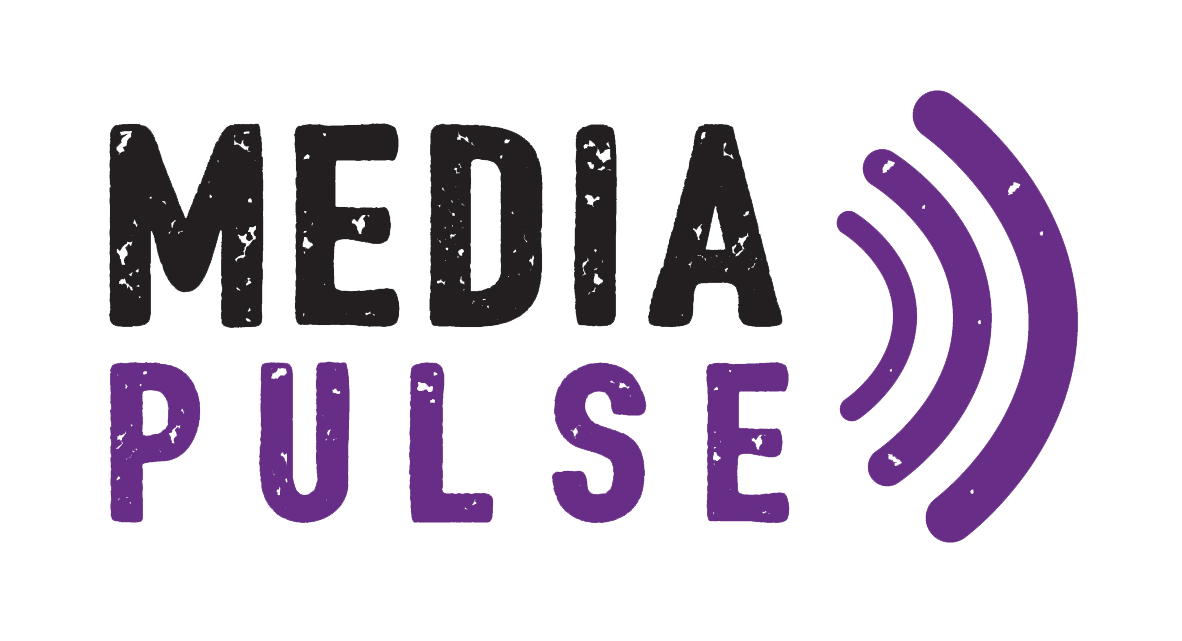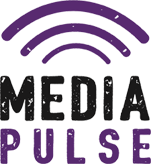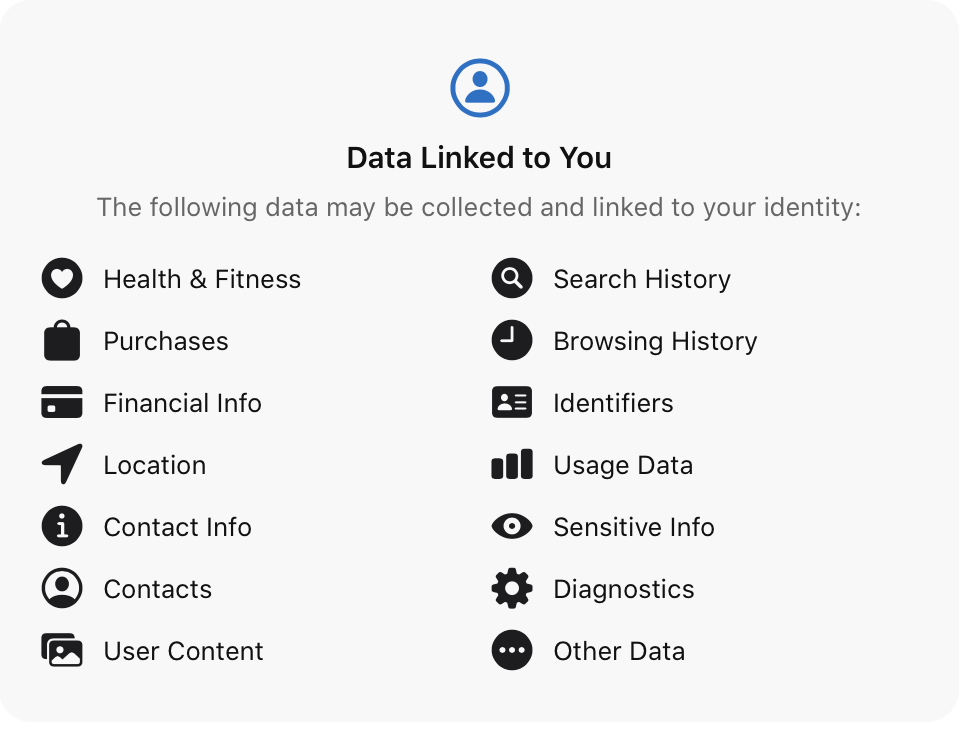Privacy Wars: Part Two
Credit: @thoughtcatalog
This blog is a continuation of the Privacy Wars series
Apple has positioned its brand as a privacy-oriented consumer brand. Perfect timing? I think this is a well-played public relations move to position Apple out of the FTC spotlight, currently under the microscope. Apple’s iOS 14 mobile operating system will require opt-in to allow companies to track users across websites, apps, and plenty of other areas we did not see being tracked. The Apple App Store now categorizes the areas that developers must publish to adhere to the new privacy guidelines. Check out Apple’s list on the types of data.
Facebook is not happy with this development.
The company invested in ads with The New York Times, Wall Street Journal, and Washington Post, arguing that Apple is hurting small businesses by taking away Apple’s Identifier for Advertisers (IDFA). Facebook has countered with a #SpeakUpForSmall campaign, where the company argues this will hurt small businesses.
At Media Pulse, we do not think these changes are a massive hit to small businesses. We find this to be a significant disadvantage to big business. Facebook still offers a powerful advertising system that may seem daunting, but it remains a practical solution for small businesses.
As a Facebook Marketing Partner for creatives, we have found that those who advertise $30k+ each month will hurt the most. That does not seem like a small business advertising budget, primarily when we teach our clients about the tried-and-true dollar a day budget.
Depending on your industry vertical, reaching your audience will become more and more difficult as 2021 progresses. Reaching your audience depends on the audience insights you have established for your brand. For example, in the B2B world, native advertising is an absolute must. Small businesses, like local restaurants, will have no problem utilizing the Facebook Ad Network.
Stay tuned for the next Privacy Wars blog; we will take a deep dive into third-party cookies (and what that means for your business).



